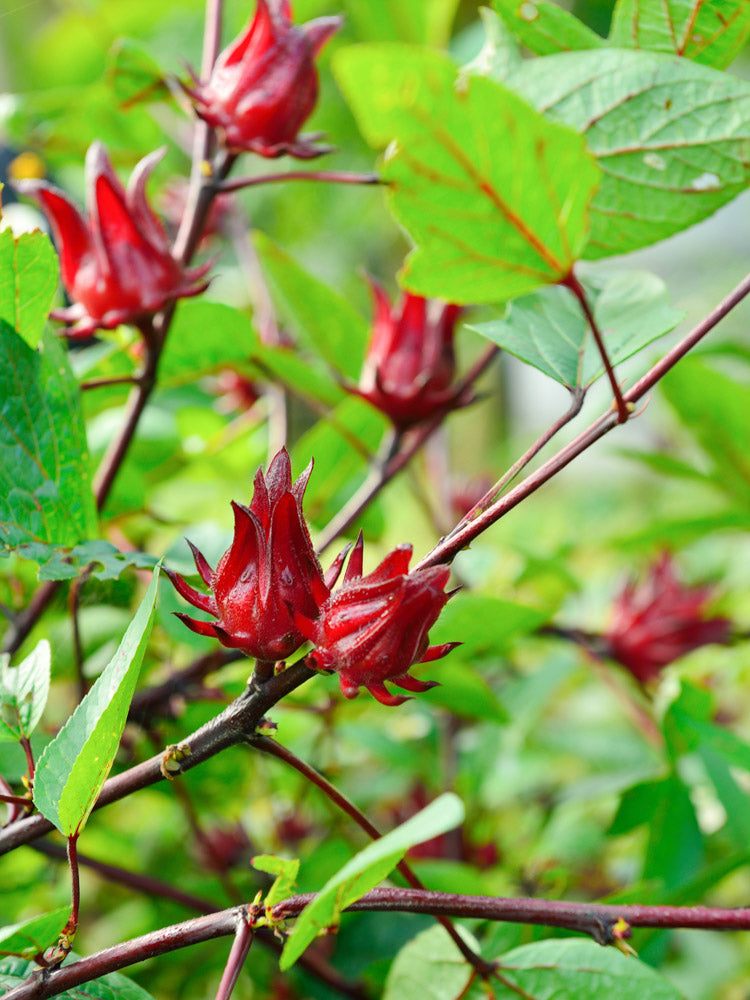In Africa, despite the immense opportunities (sun, area, water, human resources, and arable space, for sustainable agriculture and healthy and balanced food), most of the products we eat come from intensive agriculture. It deteriorates or even destroys the soil, pollutes the atmosphere (1/4 of global greenhouse gas emissions), wastes natural resources such as water, soil degradation, and contributes to the disappearance of living things.
Senegal
Senegal is a country where nearly 70% of the population works in agriculture and where sustainable development is an integral part of the country's political strategy, sustainable agriculture arouses real interest. Senegal is one of the most stable countries in Africa. Its economy is mainly based on services (57% of GDP in 2020), then on industry (26%) and only in 3rd position on agriculture (17%). However, the latter constitutes 36% of the country's overall exports. But then, in a country where family farms remain in the majority and provide a living for more than half of the country's population, is the current agricultural model sustainable?
Sustainable agriculture a choice for future generations
If some advocate more reasoned agriculture to go beyond the limits of industrial agriculture, others propose going further by developing agricultural techniques for preserving natural resources which would rely on ecosystems to ensure production which limits its environmental footprint. Sustainable agriculture reintroduces diversity into agricultural production systems. But this mode of production requires mastering a whole set of techniques that make maximum use of nature as a factor of production. It is therefore necessary to improve the expertise of local actors to enable such a practice. Agroecology training centers are starting to emerge in Senegal and are arousing the curiosity of certain farmers who wish to convert their farms.
What is sustainable farming for Kassumay?
Our sustainable farming invites us to promote and practice another way of farming, one which is sustainable and economically viable, healthy for our environment and is socially equitable, which is one of the foundations of our society, namely social equity. Our sustainable farming goals meet current needs without destroying or compromising our natural resources for future generations. Sustainable agriculture is therefore based on the concept of sustainable development and is based on a system in which the resources taken have time to regenerate naturally. Our sustainable exploitation is a viable, livable, transmissible, and responsible exploitation which is opposed to a productivism agriculture which weakens our ecosystem, and the environment with the use of chemical fertilizers, herbicide treatments, fungicides, insecticides, pesticides which have disastrous and devastating consequences. We have 5 foundations on which we base ourselves for sustainable agriculture which directly respond to the challenges of sustainability, air, and soil pollution:
- Reduce the proportion of mineral nitrogen fertilizers and stop the spreading of pesticides.
- Adopt better management of water resources by reusing rainwater and avoiding pumping into groundwater.
- Conserve genetic resources (seeds)
- Preserve biodiversity by developing natural pastures.
- Fight against desertification

